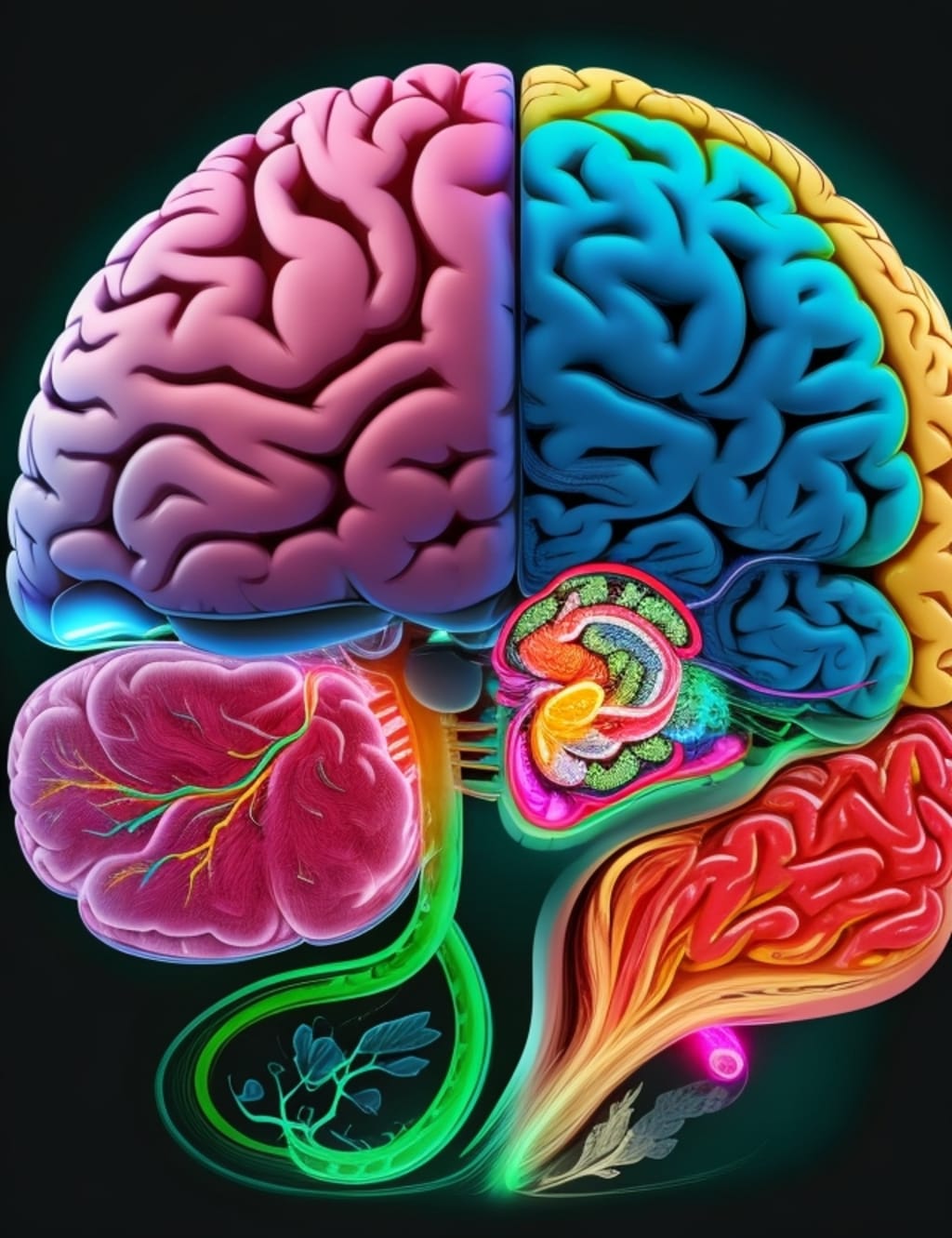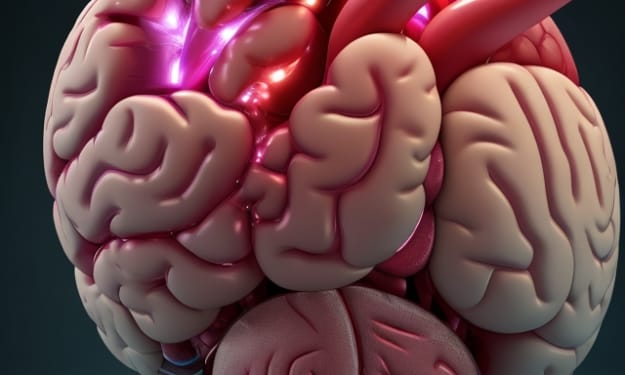The Psychological Impact of Menopausal Stages
Menopause natural physiological process

Title: Navigating the Psychological Impact of Menopausal Stages
Introduction:
Menopause is a natural physiological process that marks the end of a woman's reproductive phase. While it is primarily associated with physical changes, such as the cessation of menstruation, menopause also has significant psychological implications. The hormonal fluctuations during menopause can affect mood, emotional well-being, and overall quality of life. In this article, we will explore the various menopausal stages and their psychological impact, as well as practical ways to cope with and manage these changes.
Perimenopause:
Perimenopause is the transitional phase leading up to menopause, typically starting in a woman's late 30s or early 40s. During this stage, hormone levels fluctuate irregularly, causing a range of physical and emotional symptoms. Psychological effects may include increased irritability, mood swings, anxiety, and depression. The unpredictability of these symptoms can be quite distressing, leaving women feeling emotionally overwhelmed. Seeking support from healthcare professionals, joining support groups, and practicing stress-reducing techniques such as exercise or meditation can be helpful during this phase.
Menopause:
Menopause is diagnosed when a woman has not had a menstrual period for 12 consecutive months. This milestone marks the end of fertility and the onset of various hormonal adjustments. Menopausal symptoms can vary from mild to severe, and their impact on mental health should not be underestimated. Many women experience heightened anxiety and mood swings during this time, and some may even report a reduced sense of well-being. Additionally, sleep disturbances, such as insomnia, can further exacerbate these psychological symptoms. Engaging in regular exercise, maintaining a healthy diet, discussing treatment options with healthcare professionals, and seeking emotional support from loved ones can alleviate some of the psychological burden.
Postmenopause:
Postmenopause refers to the period following menopause when the body has fully adjusted to the hormonal changes. While many women anticipate a sense of relief during this stage, some may continue to experience psychological challenges. The decreased levels of estrogen and progesterone can contribute to fatigue, irritability, and lowered mood. Furthermore, the realization that fertility is no longer possible may lead to emotions such as sadness or grief. Engaging in self-care activities, cultivating fulfilling hobbies, and seeking professional counseling if necessary can promote emotional well-being during this phase.
Coping Strategies:
1. Psychotherapy: Working with a therapist or counselor can provide a safe space to explore and process the psychological impacts of menopause. Cognitive-behavioral therapy (CBT) has shown promising results in helping women manage anxiety, mood swings, and depression associated with menopause.
2. Lifestyle modifications: Adopting lifestyle changes such as regular exercise, maintaining a healthy diet, limiting alcohol and caffeine intake, and prioritizing restful sleep can have a positive impact on mood and overall well-being.
3. Support systems: Engaging with supportive friends, family, or joining menopause support groups can provide a sense of camaraderie and understanding, helping women feel less alone in their experiences.
4. Alternative therapies: Some women find relief from menopause symptoms through approaches like meditation, yoga, acupuncture, or herbal supplements. However, it's important to consult with healthcare professionals before trying any alternative remedies to ensure safety and efficacy.
Conclusion:
Menopause is a significant life stage that encompasses various physical and emotional changes. Understanding the psychological impact of menopausal stages and developing strategies to cope with these challenges is crucial for women's well-being. Seeking support, practicing self-care, and exploring available treatment options can help women navigate this transitional phase and optimize their psychological health. Remember, each woman's menopausal journey is unique and compassionate self-care is key to fostering emotional resilience during this time of change.
Please like, subscribe, and share.....






Comments
There are no comments for this story
Be the first to respond and start the conversation.